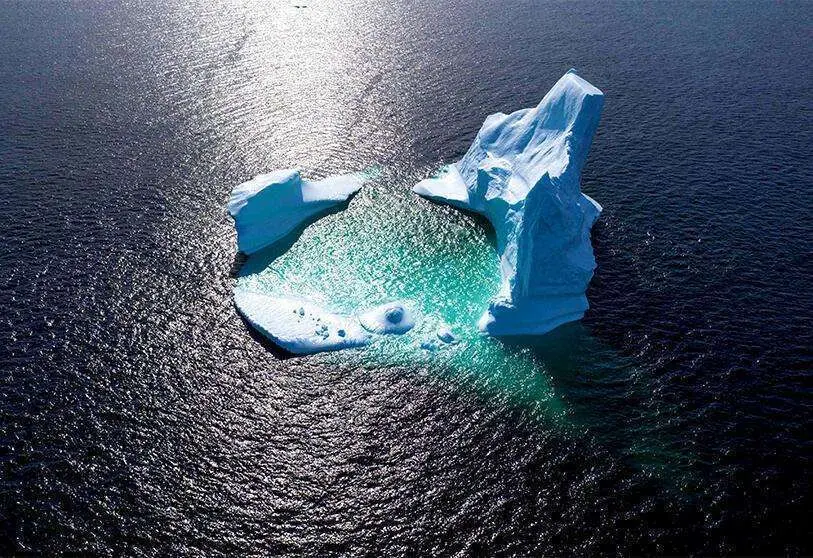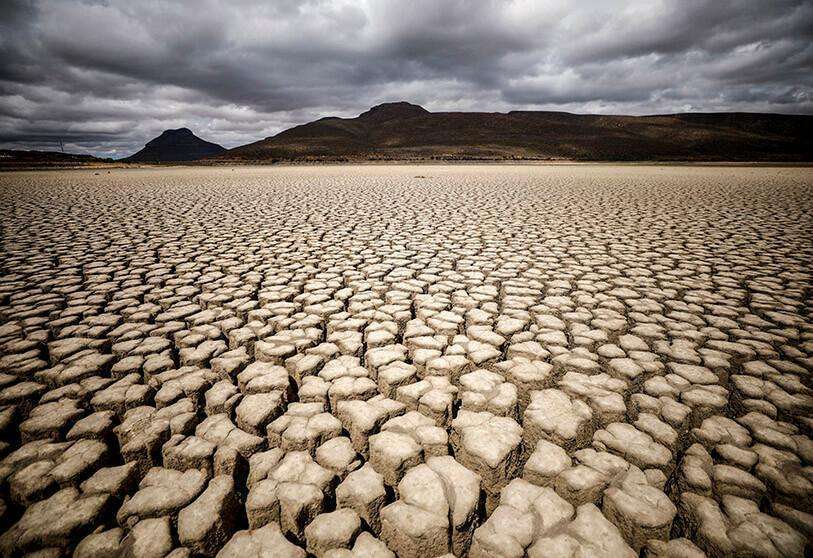Apocalypse: State of Climatic Emergency

It's serious. More than the coronovirus, with all its contagion, death and aftermath, the great global challenge for humanity is to stop the climatic deterioration that would lead to an uninhabitable planet. There is no longer time for retreats, swirls and short-terms. Either this global crisis is halted or life as we know it on Earth will disappear. It is as simple as that, and in the face of such enormous certainty all other problems are absolutely negligible, including the pandemic that we have been fighting globally throughout this fateful 2020.
The desperate appeal by the United Nations Secretary General, Antonio Guterres, for all nations to declare a State of Climate Emergency is the last warning before the fall into the abyss. He has pronounced it before the barely 70 countries present at the telematic Summit on Climate Ambition, which coincides with the 5th anniversary of the Paris Agreement, the results of which are discouraging to say the least.
In that text, which was rightly described as historic, 197 countries committed themselves to ensuring that global warming does not exceed an increase of between 1.5 and 2 degrees. Far from complying with this commitment, mankind is accelerating to 3 degrees, the consequences of which are already being felt in the unbridled increase in extreme phenomena: dreadful droughts, increasingly frequent and destructive hurricanes or typhoons and a sharp decline in the amount of arable and productive land devoured by the jagged effects of desertification. Nor can the oceans, which are increasingly attacked by acidification, escape the general destruction, while their levels increase thanks to the formidable melting of their poles and the gigantic contribution of masses of fresh water, which, far from being beneficial, could damage the phytoplankton, the basis of the sea's food chain.
The positive effect of global confinement as a result of COVID-19 has not been sufficient in view of the data, which indicate that atmospheric concentrations of greenhouse gases have continued to accumulate and are recording record levels. Nor will it be news that 2020 will be one of the three warmest years on record because almost every year it exceeds the previous one so far in the 21st century.

Most humans are concerned about their own subsistence or the prosperity of their businesses, and short-sightedness leads to ever-worsening levels of pollution and environmental destruction. Previously abundant, generous and healthy land, water and forests in Europe, the Americas and Asia are now ostensibly more arid and are increasingly laden with fertilizers, whose poisonous footprint is doubtful to compensate for the benefit of chemically-infused crops.
If, as he has announced, President Joe Biden brings the United States back to the Paris Agreement, there is still reason for hope. Donald Trump's decided departure will undoubtedly be one of his worst, if not his most dramatic, legacy from the still-unfriendly tenant of the White House. His commitment to fossil fuels was decisive in consolidating the country's leadership in oil and gas production and consumption, but as, together with China, it is the world's most polluting country, there is no doubt that it has been the main accelerator towards this uninhabitable universe in the long term.
Let us instead celebrate the agreement reached by the European Union, whose Council of Heads of State and Government agreed to increase the emissions cut for 2030 from the 40% expected to 55%. It will certainly not be enough, given the seriousness of the situation, but it is to be welcomed that the EU is finally shaking off its followers and daring to take the lead on a matter of life and death, for the Union itself and for the planet as a whole.
Beyond their concerns about tackling the effects of the coronavirus pandemic, in the European capitals they must be taking note of one of the effects that is going to be most noticeable: migration towards the European Union due to global warming. In addition to the push of Jihadist terrorism in the Sahel, the lands south of Gibraltar are experiencing a sharp reduction in their productivity, which, together with the time bomb of the African population explosion, will most likely result in a mass exodus from increasingly inhospitable conditions and in pursuit of their idealised European dream.
The goal of achieving carbon neutrality by 2050 (zero greenhouse gas emissions) is therefore more pressing than ever. With notable exceptions, most countries are going to leave an unpayable debt to future generations. All that remains, moreover, is for them to inherit an uninhabitable planet.

